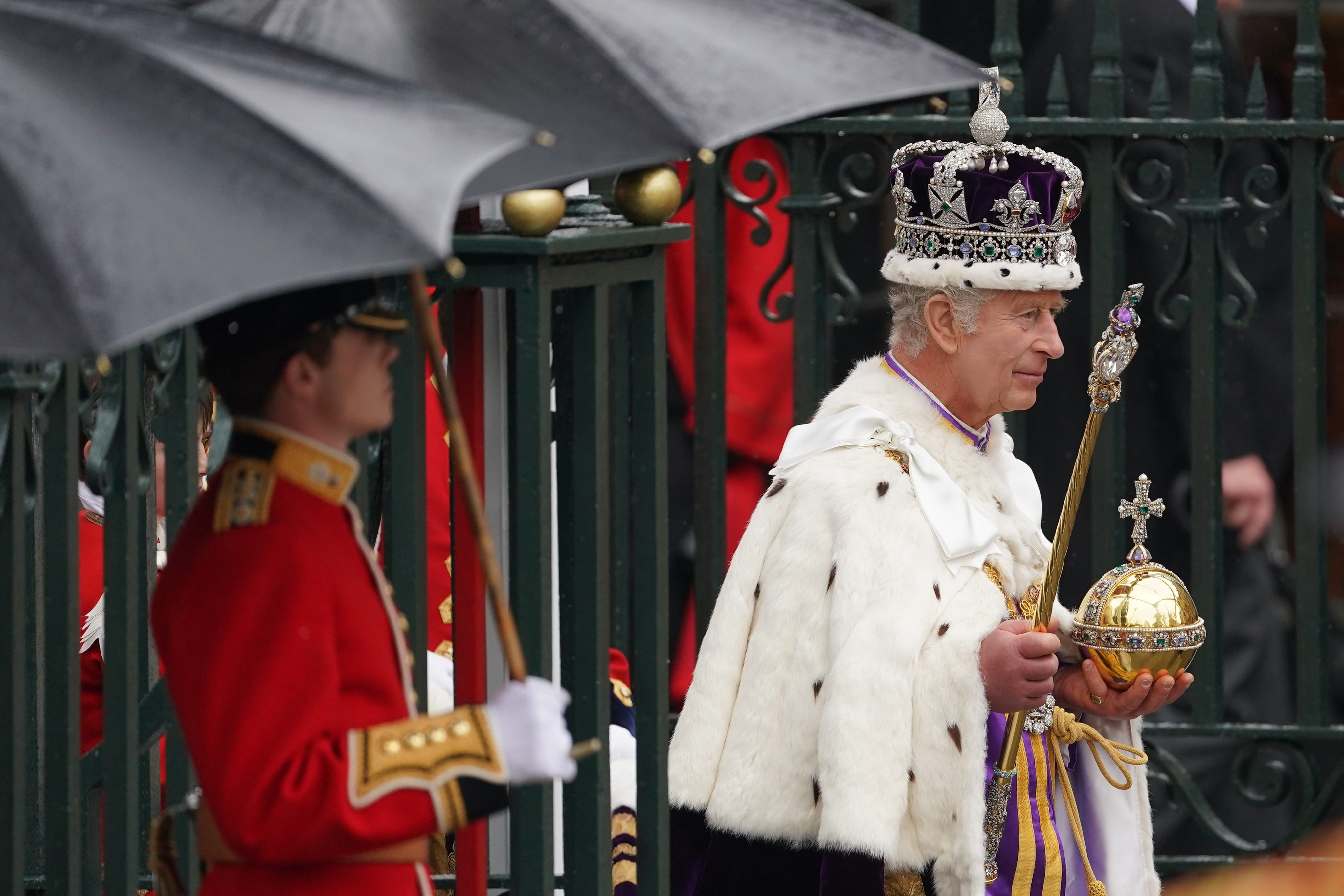Will King Charles take the lead over action on tax havens?
The newly crowned monarch has been called on to help end ‘one of the world’s most enduring injustices’ – something that could be life-changing for millions, says Chris Blackhurst


What sort of monarch will King Charles III be?
The expectation is that he is a decent man, with strongly-held principles which, prior to ascending to the throne, he was not afraid to express. Now he has an opportunity to go further, to impose himself, to make a genuine difference.
Among his views has been a keen desire to alleviate suffering and hardship; to improve the lot of the poor and disadvantaged. With that in mind, Tax Justice Network, a coalition of researchers and activists campaigning against tax avoidance, has written to him, challenging the new monarch “to end one of the world’s most enduring injustices”.
It’s a reference to one of the historic scandals at the heart of Britain’s constitutional make-up: the offshore tax havens contained in the crown dependencies and the British overseas territories. According to Tax Justice Network, the likes of the Channel Islands, Isle of Man, Gibraltar, British Virgin Islands and the rest are used to reduce tax bills across the globe by an estimated £152bn a year.
“The UK, the crown dependencies and the British overseas territories are collectively responsible for facilitating nearly 40 per cent of the tax revenue losses that countries around the world suffer annually to profit shifting by multinational corporations and to offshore tax evasion by primarily wealthy and powerful individuals.”
The letter continues: “This makes the UK and its network of satellite tax havens the world’s biggest enabler of global tax abuse. Our latest estimates from the state of justice report put the sum of this tax loss imposed upon the world by British tax havens at over $189bn (£152bn).”
It really is farcical that a country that sets its face against tax dodging should preside over places that offer protection to some of the biggest perpetrators on Earth
This lost tax income is equivalent to more than three times the annual humanitarian aid budget requested by the United Nations. Curbing global tax abuse is one of the UN’s sustainable development goals for 2030.
Researchers at St Andrews and Leicester universities calculate that if the tax losses caused by the UK, crown dependencies and British overseas territories were reversed, 6.4 million people in lower-income countries would gain access to basic drinking water, 12.6 million would gain access to basic sanitation, and 1.2 million children could attend school for an extra year. That ought to make the new king sit up and take notice.
The campaigners tell King Charles they hope his coronation will “mark a pivotal moment to address the heavy financial and human cost borne by ordinary people ... due to the UK and its network of tax havens over which your majesty is sovereign”. Alex Cobham, chief executive of Tax Justice Network, says in the letter, which was also sent to Prime Minister Rishi Sunak: “We believe your majesty can help by pointing the way to end one of the world’s most enduring injustices.”
It really is farcical that a country that sets its face against tax dodging, led by successive governments that have made grand declarations about cracking down on tax evasion and avoidance, should preside over places that offer protection. We should be under no illusion: they will claim that they make a good living from tourism or other industries. They do, but take away financial services and wealth management and these locations would go under.
What’s often overlooked, too, is that it’s not only tax reduction they offer – they also provide secrecy. It’s not just tax collectors who struggle to penetrate their strict laws on confidentiality; police and other international law enforcement agencies find them difficult, if not impossible, to crack.
We turn a blind eye to their money-spinning activity because we’re scared. If we denied them their lucrative trade, they would face financial ruin – and the bill would land at Britain’s door
It’s outrageous that they give such sanctuary and they fall under Britain’s remit. While they exist and flourish it is impossible for the UK to claim it is taking a hard stance on crime and pursuing the proceeds of crime. Where Britain is concerned, it seems, “follow the money” only goes so far.
The reason we turn a blind eye to their money-spinning activity is that we’re scared. If we denied them their lucrative trade, they would face financial ruin – and the bill would land at Britain’s door. The Foreign Office long ago vowed it could not bear that prospect, so we indulge them. The result is hypocrisy on a grand scale.
It means our efforts to get tough are bound to fail. In 2015-2016, the UK government had shown “true leadership”, says Cobham, in attacking tax avoidance by becoming the first country to adopt a public register of beneficial ownership and require multinational corporations to publish country by country reports on profits and tax.
“Sadly, your majesty’s government has since backpedalled on this progress. The deadline for the crown dependencies and overseas territories to establish public beneficial ownership registers was pushed back, with recent statements by officials now hinting that the jurisdictions may never establish the registers. Jersey has even introduced a new form of anonymous ownership vehicle this year.”
The government says it does not recognise the £152bn figure, without supplying detail. It also insists the British overseas territories and crown dependencies are self-governing, “meaning locally elected leaders have the right to set their own policies to support their economies, within international standards”. They do, but Britain has the power to impose its will upon them, to bring them to heel.
King Charles’s reply is awaited with interest.






Join our commenting forum
Join thought-provoking conversations, follow other Independent readers and see their replies
Comments